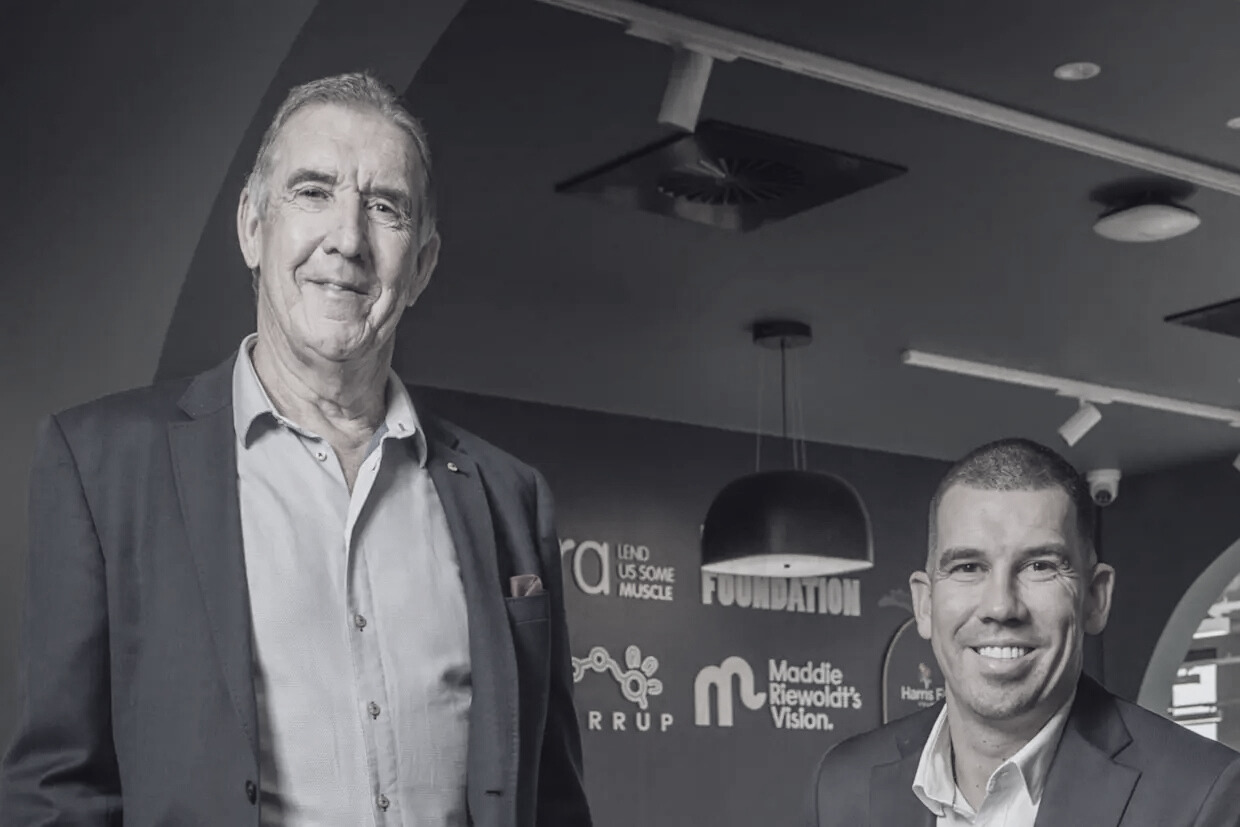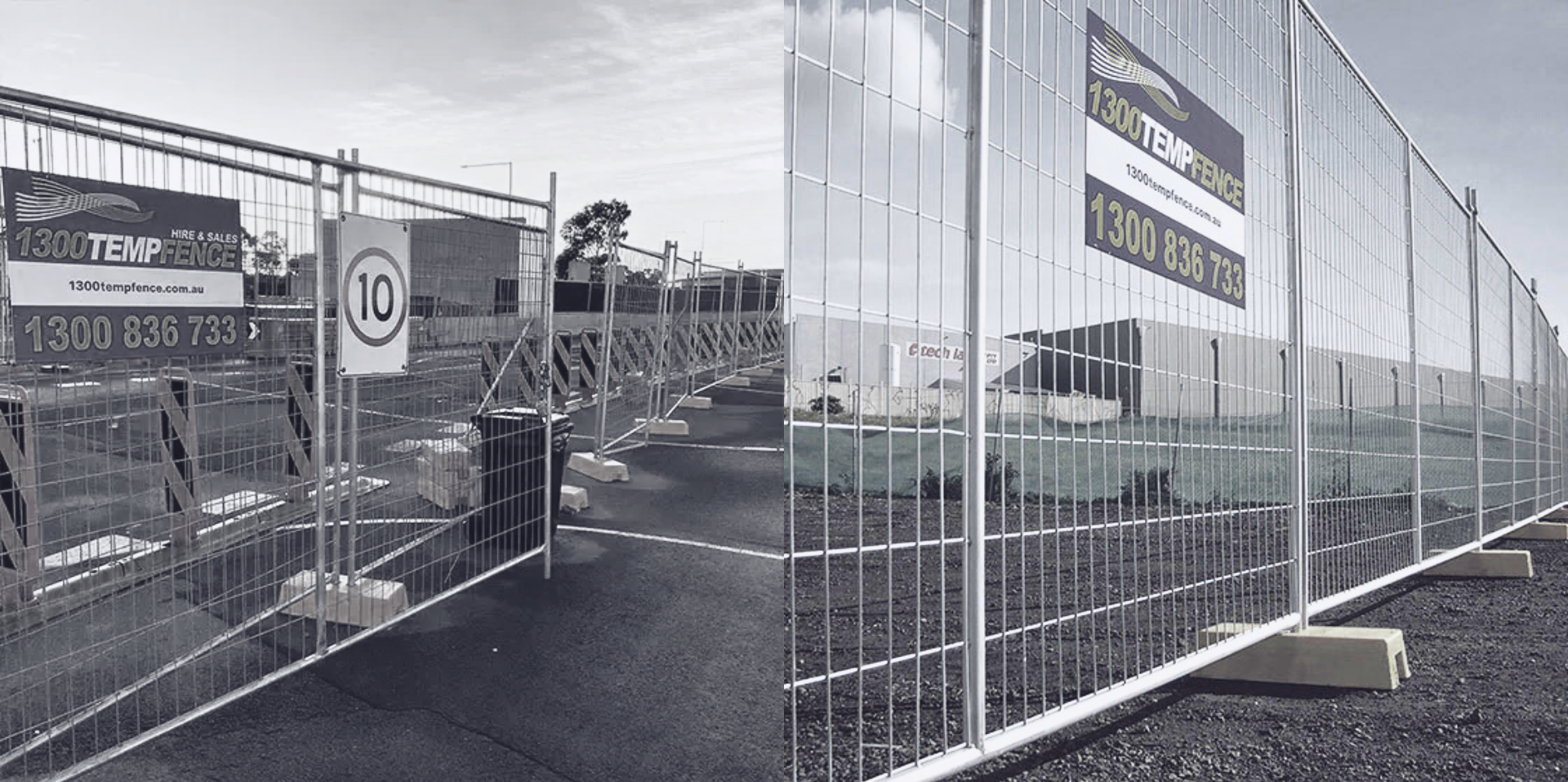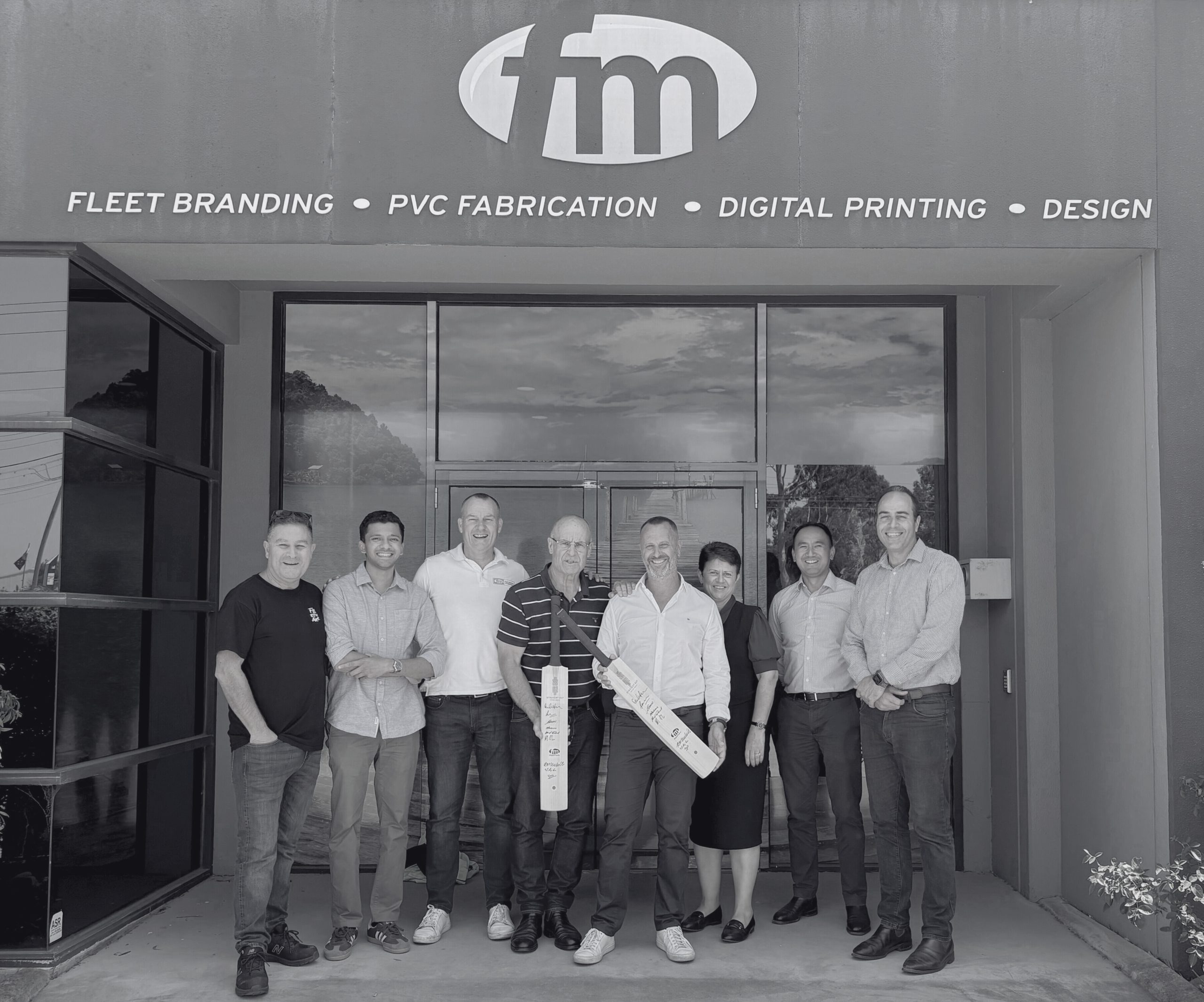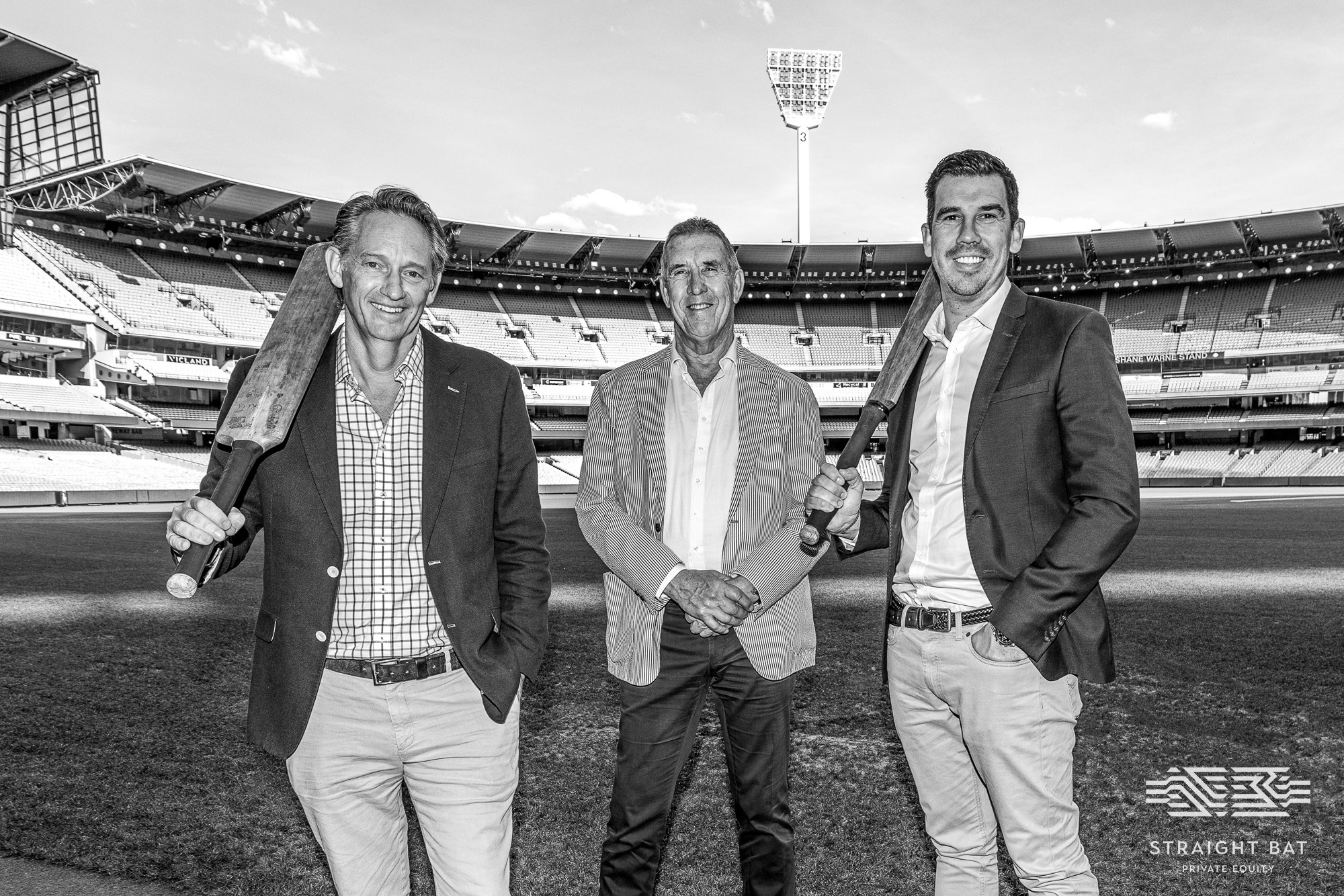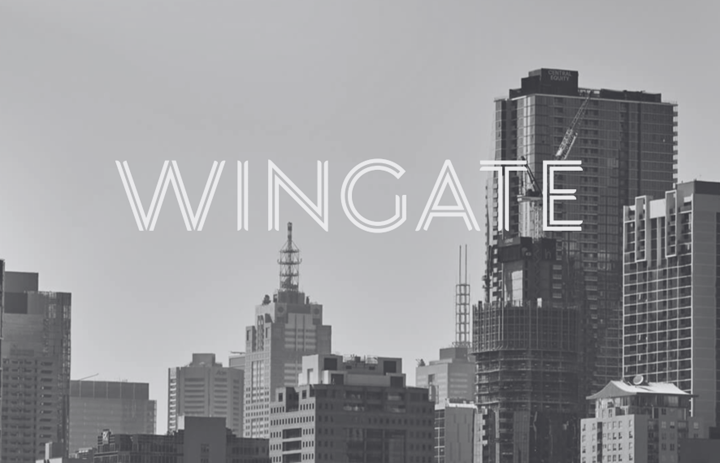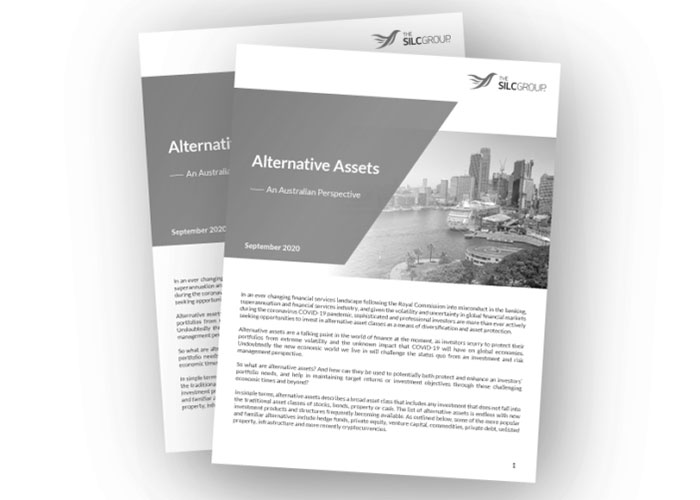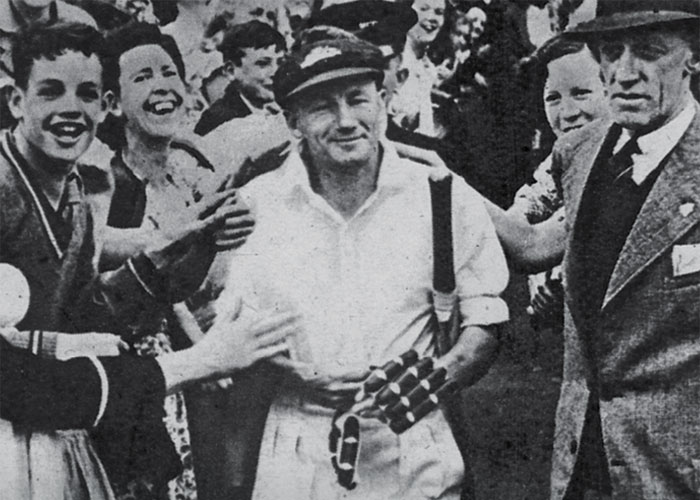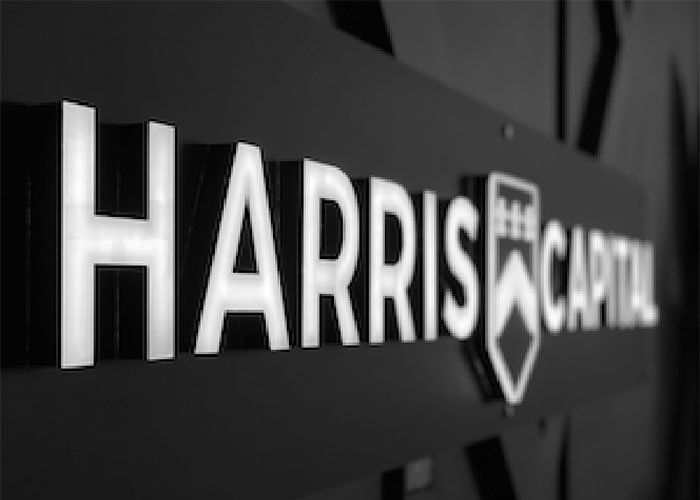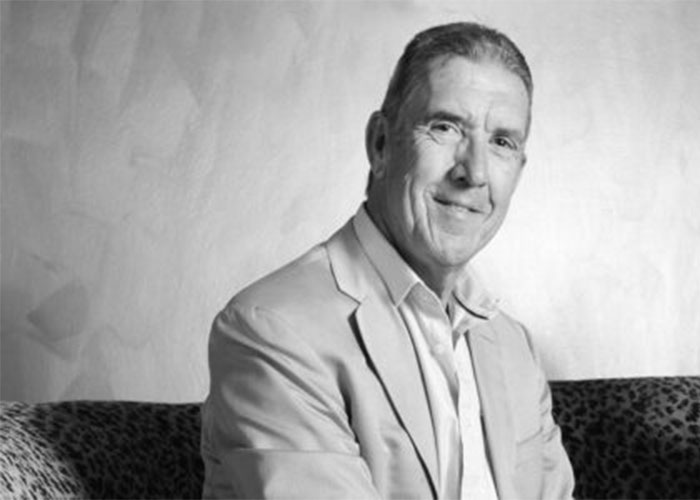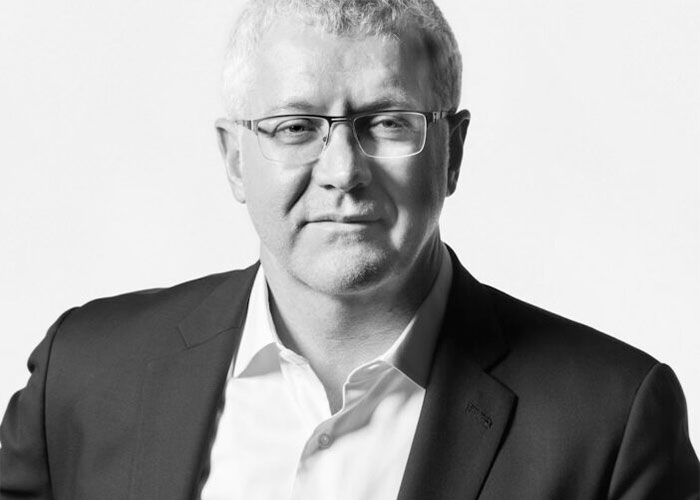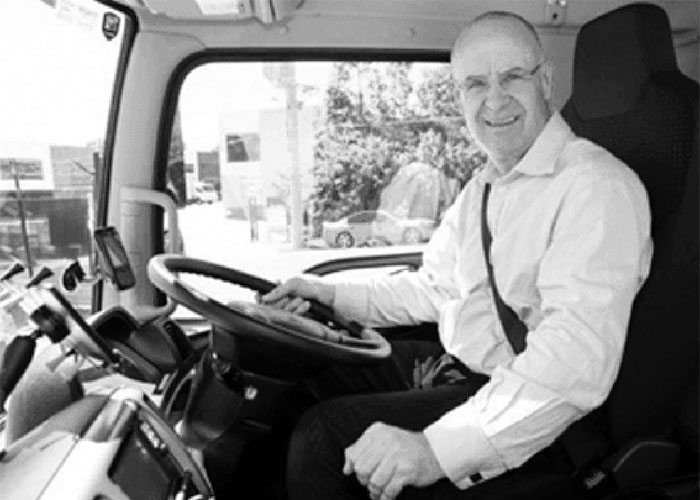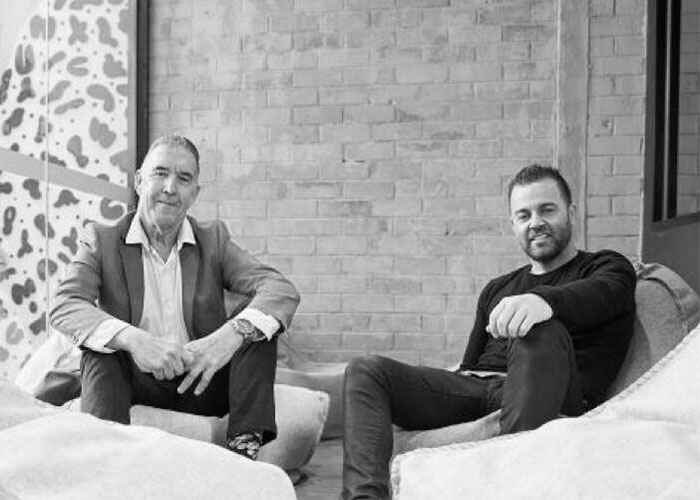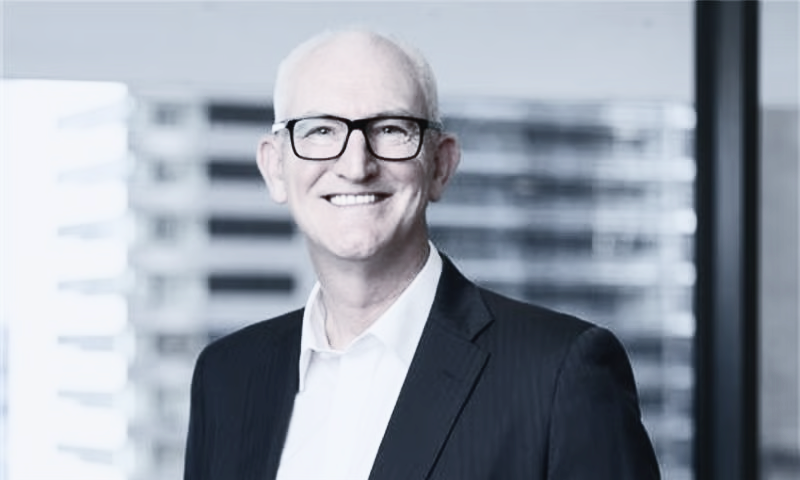
Senior Asia-Pacific News Editor – Law at Key Media
The Wotton Kearney board chair reveals the legacy he hopes to leave while in this role.
Last week, Tony O’Malley gave us a glimpse into where he’s helping to steer Wotton Kearney in his role as board chair. In the last part of this interview, O’Malley shares with Australasian Lawyer a couple of key pieces of advice from predecessor Steve Gledden, and how the firm is handling the rise of AI.
You mentioned that you’d learned a lot from Steve, the outgoing chair. Can you tell us a little bit about how that transition period went and what you would consider to be the most important piece of advice that he gave you?
It’s clear that Steve thinks very highly of the business – it’s an investment that his firm has made and it’s been a very effective one so he’s very proud of the work that’s been done and the results that have been achieved.
When he welcomed me to the board and to the chair role, he encouraged me to focus on two things which really have stuck in my mind. The first was to work closely with the chief executive partner and the leadership group to continue that. We’re building leadership capability and depth and bench strength, not just for the next two to three years but for the next 20 to 30 years. That’s the mindset that he brings to it.
And the other thing was to preserve and enhance the special culture that the firm has. From his perspective, he can see that that’s underpinned a lot of the success, and he sees the role of the chair and the board in setting the tone at the top and making sure that it’s important that that’s protected. They’ve definitely been the key messages that he’s given me, and certainly they’ve been well and truly heard.
Touching on the recent development technological developments in the legal industry, how are you guys responding to AI?
Wotton Kearney is I think well ahead of the curve on digital transformation. When I look at the level of investment in AI and automation, when I look at the skills building that they’ve already done, when I look at the level of trialling and piloting they’re doing with key clients on the Cicero platform – which is one of the AI platforms that they use for disputes – it’s clear to me that they’re actually ahead of the curve on that.
The nature of the business demands that they are [ahead of the curve] because they do a lot of relatively high-volume dispute work to support the insurance sector and insurance clients, so they’re doing a good job. Of course that doesn’t mean they can’t do more. And I know that they are doing more and looking more broadly at how they deploy the right technology and skills across the business. So I expect that’ll continue to be a focus going forward.
What legacy do you hope to leave as board chair of Wotton Kearney?
It does feel very early to be talking about legacy, and I’m hoping that maybe you and I’ll both be around to have the conversation to reflect on my tenure. But let’s fast forward: what I would hope would be the legacy is that people say we successfully built on the momentum that’s currently in the business, that’s underpinned success to date. That we’ve built on what we’ve inherited, that the firm’s delivered or delivering on its 2030 strategic plan and is increasingly recognised in the market as real trailblazers in the insurance industry and as having quite a unique, unrivalled legal business.
For me personally, I hope that there’s a view that we’ve laid the foundations in the business in terms of the right governance frameworks, operational, excellence, leadership, capability to actually support the next phase of growth and success. In other words, it’s a better place than I found it and I was able to deal with the challenges at the time.
My predecessor often uses this phrase: play the long game. Which I think is fantastic, and I think that ultimately would be the goal, that we’re playing the long game for the business and continuing to improve and build.
